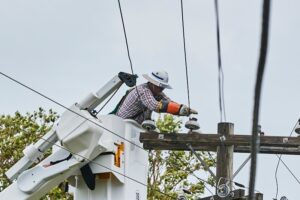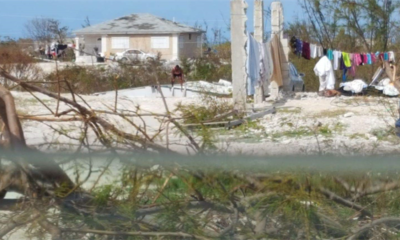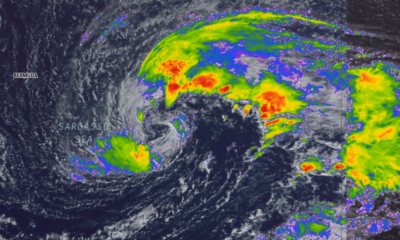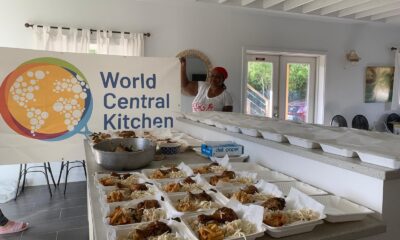Caribbean News
Storm Troubles as September heats up late
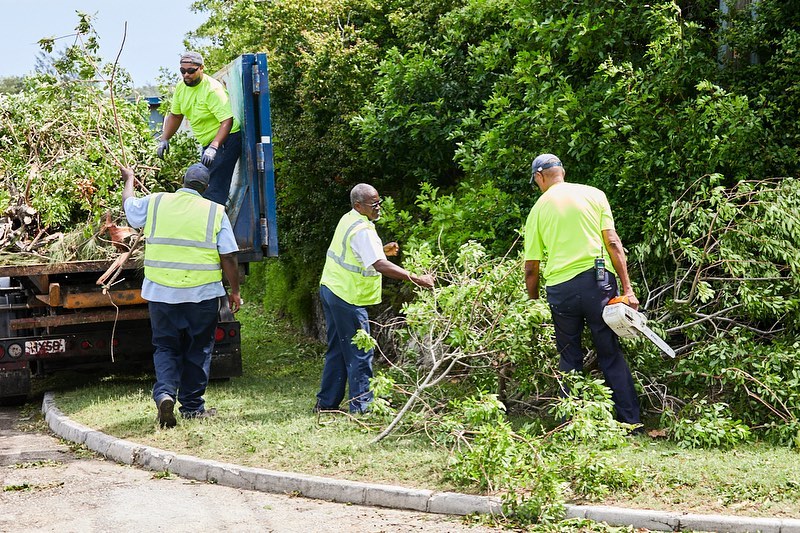
Caribbean News
CHTA President Praises Jamaica’s Hurricane Preparedness, Assures Ongoing Support
Caribbean News
CARICOM raising profile and priority of its Migration Policy; curbing challenges ‘a tall order’
Caribbean News
Government Earmarks $300M for Post-Hurricane Dengue Mitigation
-

 Caribbean News1 week ago
Caribbean News1 week agoCayman Relief Mission to Hurricane hit CARICOM nations
-

 Caribbean News7 days ago
Caribbean News7 days agoCARICOM raising profile and priority of its Migration Policy; curbing challenges ‘a tall order’
-

 Caribbean News1 week ago
Caribbean News1 week agoHurricane Help; Money donated to Jamaica, Barbados, St Vincent & the Grenadines, St Lucia and Grenada
-

 Caribbean News1 week ago
Caribbean News1 week agoJamaica’s Hurricane Recovery Efforts Bolstered by Donation from Cayman Islands
-

 Bahamas News7 days ago
Bahamas News7 days agoPrime Minister Davis: Cannabis Reform Compendium 2024 ‘a long time coming’
-

 News7 days ago
News7 days agoWhat the new UK Prime Minister had to say about the Rwanda Deportation Plan at his first press conference
-

 Bahamas News1 week ago
Bahamas News1 week agoBahamas Celebrates 51st Independence – ‘United In Love & Service’
-

 News7 days ago
News7 days agoTurks & Caicos’ E.J Saunders part of Election Observer team in UK on July 4


